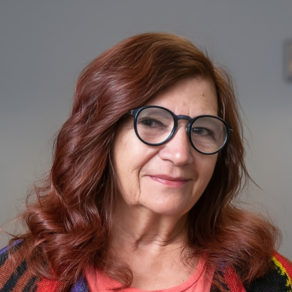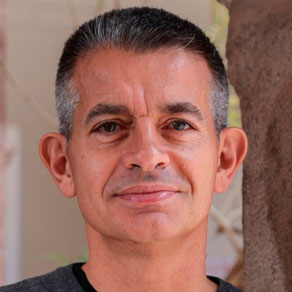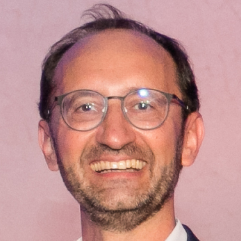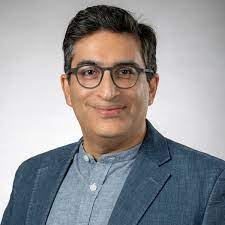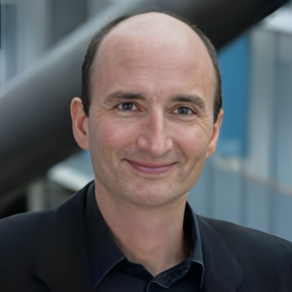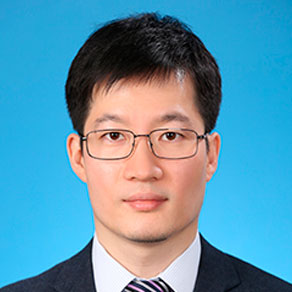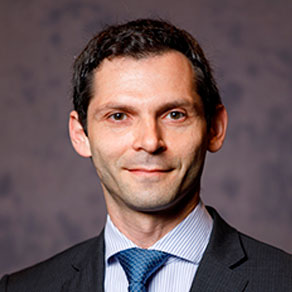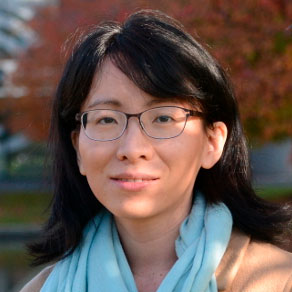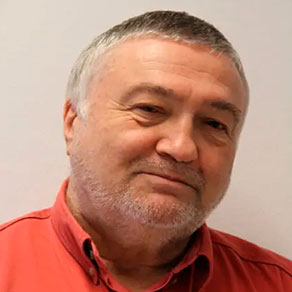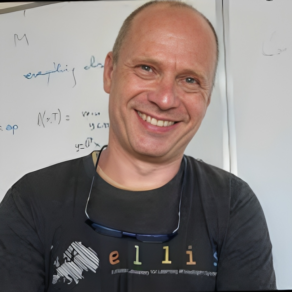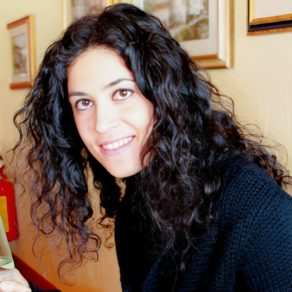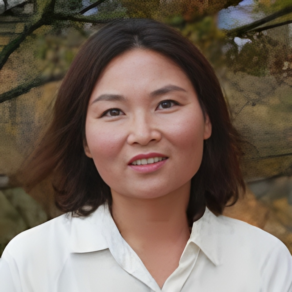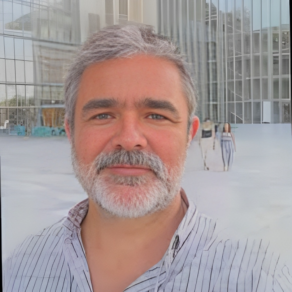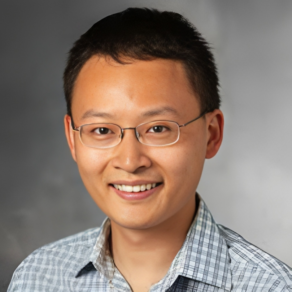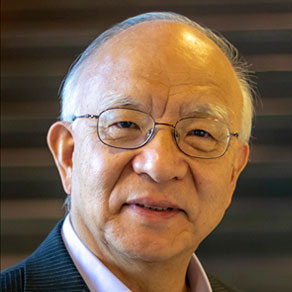
Jiawei Han
How Can Large Language Models Contribute to Effective Text Mining?
Abstract
With the emergence of various kinds of Large Language Models (LLMs), it is important to examine its potential for effective text mining since one of the most important tasks in text mining is to turn massive unstructured text into structured knowledge. With this goal, there could be multiple lines of thinking, including developing a unified approach for multiple data mining tasks or developing specialized methods for major text mining tasks. We examine a weakly supervised but taxonomy-guided approach for text mining without extensive human annotation. We overview a set of examples in this line, including discriminative topic mining, text classification, and taxonomy-guided information extraction and construction of theme-specific knowledge bases. We show that, equipped with LLMs, a weakly supervised, annotation-free approach could be promising at transforming massive text into structured knowledge.
Short bio
Jiawei Han is Michael Aiken Chair Professor in the Department of Computer Science, University of Illinois at Urbana-Champaign. He received ACM SIGKDD Innovation Award (2004), IEEE Computer Society Technical Achievement Award (2005), IEEE Computer Society W. Wallace McDowell Award (2009), Japan’s Funai Achievement Award (2018), being elevated to Fellow of Royal Society of Canada (2022). He is Fellow of ACM and Fellow of IEEE and served as the Director of Information Network Academic Research Center (INARC) (2009-2016) supported by the Network Science-Collaborative Technology Alliance (NS-CTA) program of U.S. Army Research Lab and co-Director of KnowEnG, a Center of Excellence in Big Data Computing (2014-2019), funded by NIH Big Data to Knowledge (BD2K) Initiative. Currently, he is serving on the executive committees of two NSF funded research centers: MMLI (Molecular Make Research Institute) — one of NSF funded national AI centers since 2020, and I-Guide — the National Science Foundation (NSF) Institute for Geospatial Understanding through an Integrative Discovery Environment (I-GUIDE) since 2021.

